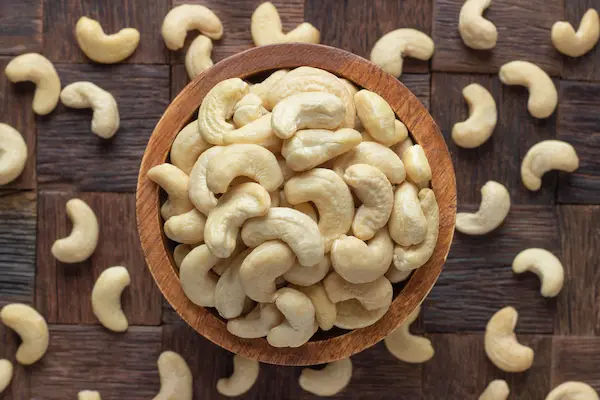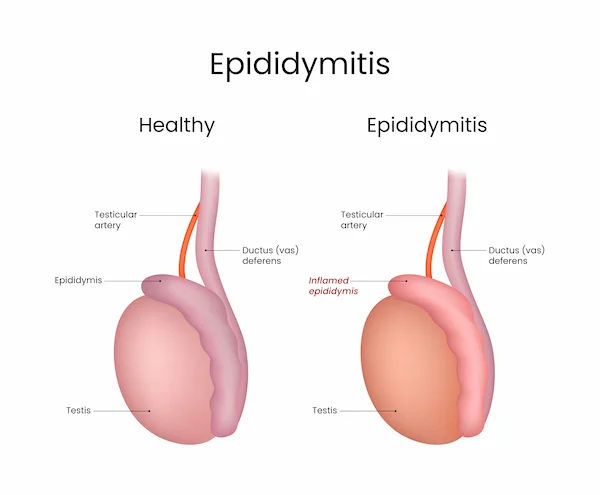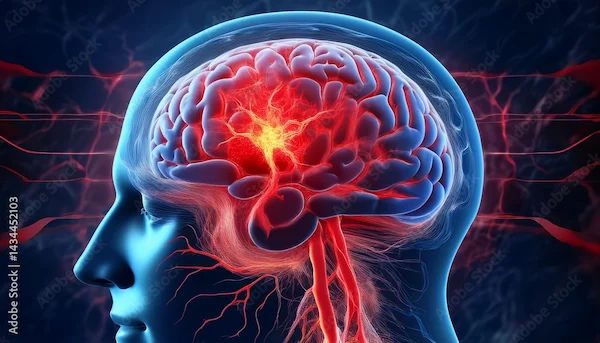Does Black Coffee Help in Weight Loss Research-Based Insights
Curious about black coffee weight loss and the coffee diet? Learn the real science, benefits, risks, and smart tips to use coffee for healthy weight goals.


Introduction
If you’ve ever wondered whether your morning brew can help you slim down, you’re not alone. Many people search for “black coffee weight loss” tips or consider trying a “coffee diet.” Coffee is one of the world’s most popular drinks, it’s very low in calories when taken plain, and caffeine can make you feel more alert. But is coffee truly a weight-loss tool—and how should you use it safely? Here’s what the research and reputable health organizations suggest.
Black coffee weight loss: What the science really says?
Coffee itself doesn’t melt fat. However, a few features of black coffee can support a weight-management plan when used thoughtfully:
• It’s very low in calories when you skip sugar and cream.
• Caffeine can slightly increase energy expenditure (calories burned) for a short time.
• Caffeine may reduce perceived exertion and help some people exercise harder, which supports weight control.
• Swapping sugary beverages for black coffee can cut daily calorie and sugar intake.
That said, these effects are modest. Coffee is not a magic bullet, and long-term weight loss comes from overall healthy habits—what and how much you eat, how active you are, how you sleep, and how you manage stress—rather than from any one drink.
A low-calorie swap that can add up
One of the most practical ways black coffee can help is by replacing high-calorie drinks:
• Replacing sugar-sweetened coffee beverages, soda, or energy drinks with plain coffee can reduce added sugars and total daily calories.
• Health authorities emphasize the importance of managing added sugars for better weight control and overall health.
• The CDC highlights calorie balance (calories in vs. calories out) and healthy eating patterns as core strategies for achieving and maintaining a healthy weight.
Key takeaway: If you enjoy coffee, drinking it black or with minimal, lower-calorie additions can be a simple, sustainable change that supports weight goals.
Consult a Top General Physician
A small, short-term boost in metabolism and fat oxidation
Caffeine is a stimulant. Studies show it can slightly increase your metabolic rate and the amount of fat your body uses for energy for a short period after drinking it. However:
• The effect is modest and varies by person.
• Your body can develop tolerance over time, which may reduce these effects.
• Relying on caffeine alone will not lead to meaningful, lasting weight loss.
Appetite and hunger: mixed and temporary effects
Some people feel less hungry after drinking coffee; others do not notice a change. Research on appetite suppression is mixed and appears temporary. If coffee helps you delay snacking or choose a smaller portion at a meal, that can assist your efforts—but it should not replace balanced meals, protein, fiber, and fluids that keep you satisfied.
Exercise performance: where coffee can shine
For many, having coffee 30–60 minutes before a workout can make exercise feel easier and boost performance. Over time, better workouts can support weight management. Keep in mind:
• If coffee makes you jittery or raises your heart rate too much, skip pre-workout caffeine.
• Avoid late-day caffeine that disrupts your sleep—poor sleep can undermine weight-loss efforts.
The “coffee diet” vs. a healthy plan
The “coffee diet” often refers to trendy plans that suggest drinking several cups of coffee per day and following restrictive or vague eating rules. Problems with this approach include:
• It can encourage extreme calorie restriction or unbalanced eating, which is not sustainable or healthy.
• Too much caffeine may lead to anxiety, rapid heartbeat, digestive upset, and sleep problems.
• It ignores proven pillars of weight management: a nutrient-rich eating pattern, regular physical activity, adequate sleep, and stress management.
Bottom line: There’s no evidence that a “coffee diet” alone produces safe, lasting weight loss. Use coffee as a small helper within a well-rounded, evidence-based plan.
How to use black coffee wisely for weight management?
Smart, simple strategies
• Keep it simple: Choose black coffee or lighten with a splash of milk or an unsweetened alternative. Avoid large amounts of sugar, syrups, or cream.
• Time it to your advantage: Many people enjoy coffee with breakfast or 30–60 minutes before a workout.
• Protect your sleep: Avoid caffeine late in the day if it disrupts your sleep; good sleep supports healthy weight.
• Hydrate: Coffee contributes to fluid intake, but aims to drink water across the day as well.
• Pair with protein and fiber: Coffee alone isn’t a meal. Combine it with protein (eggs, yogurt, tofu) and fiber (fruit, oats, vegetables, whole grains) to stay satisfied.
• Be consistent, not extreme: A cup or two of coffee can fit into a balanced routine; extreme “coffee diet” rules are unnecessary and risky.
How much coffee is safe?
• For most healthy adults, up to 400 mg of caffeine per day is considered safe by major medical sources. That’s roughly the amount in about four 8-ounce cups of brewed coffee, but actual caffeine content varies by bean, roast, and preparation.
• During pregnancy or if you are trying to conceive, limit caffeine to no more than 200 mg per day and discuss with your healthcare provider.
• If you have certain conditions (e.g., anxiety disorders, heart rhythm issues, uncontrolled high blood pressure, GERD) or take medications that interact with caffeine, talk to your clinician about what’s appropriate for you.
Watch out for hidden calories
Common add-ins can quickly turn coffee into a high-calorie treat. Consider these tips:
• Use a teaspoon of sugar (or less) instead of syrups.
• Choose smaller serving sizes of flavored drinks.
• Try cinnamon, vanilla extract, or cocoa powder for flavor without much sugar or fat.
Common myths about black coffee and weight loss
• Myth: “Black coffee melts belly fat.”
Reality: Coffee can give a small, short-term boost to calorie burn, but it doesn’t target belly fat. Overall calorie balance and lifestyle factors drive fat loss.
• Myth: “Coffee dehydrates you.”
Reality: Coffee has a mild diuretic effect in some people, but for regular coffee drinkers it contributes to daily fluid intake. Still, aim to drink water regularly.
• Myth: “If I’m doing intermittent fasting, I can drink unlimited coffee.”
Reality: Plain black coffee is typically allowed during fasting windows, but too much caffeine can cause jitteriness, heartburn, or sleep problems that undermine your plan.
• Myth: “The coffee diet is a safe shortcut.”
Reality: There’s no shortcut. Health organizations emphasize balanced nutrition and physical activity for lasting results.
• Myth: “More coffee equals more weight loss.”
Reality: After a point, more caffeine brings more side effects, not better results. Quality sleep, nutritious eating, and regular movement matter far more.
A balanced plan that works better than any coffee hack
Coffee can play a supportive role, but lasting change comes from the basics:
• Nutrition: Emphasize vegetables, fruits, whole grains, lean proteins, beans, nuts, and healthy fats. Limit added sugars and refined grains.
• Movement: Aim for regular physical activity each week, including aerobic exercise and strength training.
• Sleep and stress: Prioritize consistent sleep and stress management—both influence hunger hormones and food choices.
• Sustainable habits: Choose small, realistic changes you can maintain for months and years, not days.
If you enjoy coffee, keep it black or lightly dressed, use it to enhance your workouts and focus, and pair it with a rounded plan you can stick with. That approach is far more effective than any “coffee diet.”
Consult a Top General Physician
Consult a Top General Physician

Dr. Shubham Chauhan
General Practitioner
4 Years • MBBS
Lucknow
Apollo 24|7 Clinic - Uttar Pradesh, Lucknow

Dr. Vivek D
General Physician
4 Years • MBBS
Bengaluru
PRESTIGE SHANTHINIKETAN - SOCIETY CLINIC, Bengaluru

Dr Syed Mateen Pasha
General Physician
2 Years • MBBS
Bengaluru
PRESTIGE SHANTHINIKETAN - SOCIETY CLINIC, Bengaluru

Dr. Anand Ravi
General Physician
2 Years • MBBS
Bengaluru
PRESTIGE SHANTHINIKETAN - SOCIETY CLINIC, Bengaluru

Dr Aakash Andgi
General Physician/ Internal Medicine Specialist
9 Years • MBBS MD
Bengaluru
Apollo Clinic, JP nagar, Bengaluru
Consult a Top General Physician

Dr. Shubham Chauhan
General Practitioner
4 Years • MBBS
Lucknow
Apollo 24|7 Clinic - Uttar Pradesh, Lucknow

Dr. Vivek D
General Physician
4 Years • MBBS
Bengaluru
PRESTIGE SHANTHINIKETAN - SOCIETY CLINIC, Bengaluru

Dr Syed Mateen Pasha
General Physician
2 Years • MBBS
Bengaluru
PRESTIGE SHANTHINIKETAN - SOCIETY CLINIC, Bengaluru

Dr. Anand Ravi
General Physician
2 Years • MBBS
Bengaluru
PRESTIGE SHANTHINIKETAN - SOCIETY CLINIC, Bengaluru

Dr Aakash Andgi
General Physician/ Internal Medicine Specialist
9 Years • MBBS MD
Bengaluru
Apollo Clinic, JP nagar, Bengaluru
More articles from General Medical Consultation
Frequently Asked Questions
Q1: Does black coffee burn fat?
Black coffee can slightly increase calorie burning and fat use for energy for a short time, mainly due to caffeine. But the effect is modest. Weight loss comes from an overall calorie deficit and healthy habits—coffee alone won’t do the job.
Q2: How many cups of black coffee should I drink for weight loss?
There isn’t a “fat-burning” number of cups. For most healthy adults, up to 400 mg of caffeine per day is considered safe (roughly up to four 8-ounce cups, depending on brew strength). Choose the amount that feels good, doesn’t disturb your sleep, and fits a balanced plan.
Q3: Is the coffee diet safe?
Extreme “coffee diet” plans are not recommended. They may encourage too much caffeine and unbalanced eating. A safer approach is to enjoy coffee in moderation while following proven strategies: nutritious meals, regular physical activity, and good sleep.
Q4: Can I drink black coffee while intermittent fasting?
Plain black coffee is commonly allowed during fasting windows because it has very few calories. If it causes jitteriness, heartburn, or sleep problems, reduce the amount or timing. Always personalize your plan to your health needs.
Q5: What’s the best way to use coffee to support weight goals?
Keep it simple: drink it black or with minimal add-ins, time it before workouts if it helps, avoid late-day caffeine to protect sleep, and focus on overall diet quality and activity levels.




